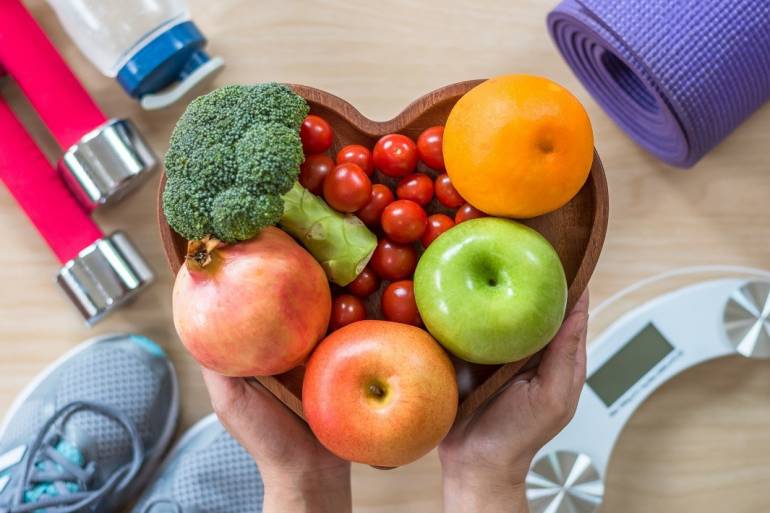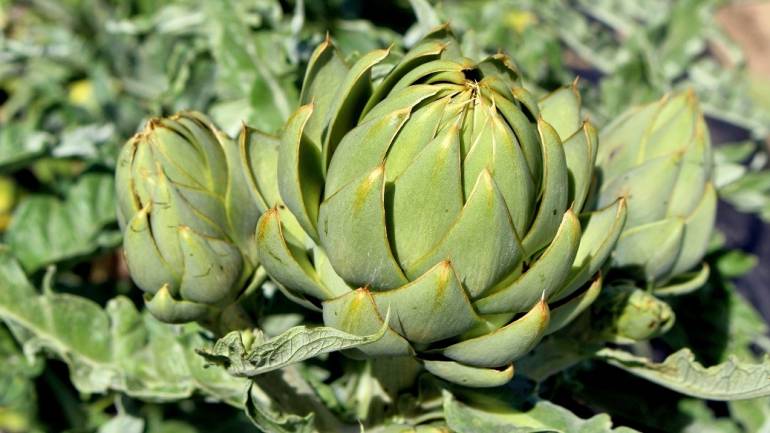Cholesterol production and breakdown are among the most important functions of the liver. The condition of the liver affects the rate of its processes, so it is worth taking care not to overtax it, and to support its proper functioning and regeneration. How to take care of a healthy liver?
The liver is one of the most important and „hardworking” organs in the human body. It performs about 400 different functions, including being involved in the metabolism of proteins, carbohydrates and fats, is responsible for thermoregulation, aids digestion and is involved in neutralizing and removing harmful substances from the body. One of the key functions of the liver is participation in the metabolism and management of fats. In liver cells, proteins and carbohydrates are converted into fats, and the production of phospholipids, cholesterol and fatty acids also takes place there.
Liver condition – what does it depend on?
A healthy, efficiently working liver performs its tasks very well. However, overloading this gland not only disrupts many important processes in the body, but has a noticeable impact on your mood and health. Such symptoms as hypertension, overweight, constant fatigue, irritability or difficulty concentrating are clear signals that the liver is working too hard and is not in good shape.
So what affects liver function? First of all, an unhealthy diet, stimulants and medications taken. Alcohol, caffeine, trans fats, sugar, foods that are highly processed and full of artificial additives – the liver has to work hard to neutralize these harmful substances. On the other hand, toxins also negatively affect the hepatocytes (liver cells) themselves, which must also expend a certain amount of energy on repair and regeneration processes.
Therefore, in order to keep the liver in good shape, it is worthwhile, on the one hand, to reduce the amount of harmful compounds delivered to the body, and on the other hand, to support its natural regenerative processes.
Cholesterol – not so scary?
The liver produces cholesterol, and in significant amounts. It is worth knowing that only about 20-30% of cholesterol is supplied with food, the rest is produced by the body itself. Therefore, the more we supply it with food, the higher its concentration in the body. Too much cholesterol in relation to the demand leads to the deposition of excess cholesterol on the walls of blood vessels, i.e. the development of atherosclerosis. Cholesterol is also an important component of bile. When there is too much of it, then it is also deposited as gallstones in the gallbladder and bile ducts.
However, cholesterol should not be viewed only in terms of harm. Indeed, it is essential for many processes in the body. It is an important component of cell membranes, bile, hormones (adrenal, sex, steroid) and plasma lipoproteins, and participates in the synthesis of skin vitamin D. It has long been a long-held belief that elevated blood cholesterol is an important warning signal for the body, directly related to the high risk of cardiovascular disease, including heart attack and atherosclerosis. Meanwhile, what is crucial is not so much the overall level of cholesterol, but the proportions of its individual fractions, i.e. HDL (so-called „good” cholesterol) and LDL (so-called „bad” cholesterol) lipoproteins. There are situations when people with high levels of total cholesterol, even above the norm, do not have cardiovascular problems, because the „good” cholesterol fraction is predominant in them.
Learn more from the article: Good cholesterol is not bad – facts and myths
How to lower cholesterol? How to improve liver function?
The more stressed the liver, the more difficult it is for it to work at an optimal level. And the more difficult it is to maintain adequate cholesterol levels. Therefore, taking care of the liver’s condition indirectly affects its level in the body. Here are some ways to lower cholesterol levels.
Diet for the liver – in order to relieve the burden on the liver, it is worth eliminating from the diet: fatty meat, cold cuts, fatty meat products (sausages, lard), full-fat milk and its products, highly processed and fast-food foods, ready-made cakes and pastries with a high content of trans fats. Instead, it is advisable to include in the diet products rich in dietary fiber (fruits and vegetables) or unsaturated fatty acids (vegetable oils, oily sea fish, fish oils), nuts and herbal teas.
Eliminate stimulants – alcohol and caffeine are two compounds that require exceptional effort from the liver. And it’s not just a matter of breaking them down into simpler compounds, but detoxifying them and converting them into substances that won’t be toxic to the body. It is worth significantly reducing or eliminating alcohol and coffee.
Medications for the liver – only when necessary. It is most difficult for the liver to cope with constantly taken medications (such as hormonal preparations), but it is also a burden for the liver to take, for example, paracetamol.
Herbal supplements to support liver function, it is best to reach for those based on artichoke extract (e.g. Artichoke in capsules) or spotted thistle (e.g. Thistle – Nature Only). It is worth reaching for herbal preparations containing extracts from both of these plants, which support proper liver function and help maintain proper blood cholesterol levels (e.g. Sylimarol Cholesterol or Sylicynar, available over-the-counter at the pharmacy).






